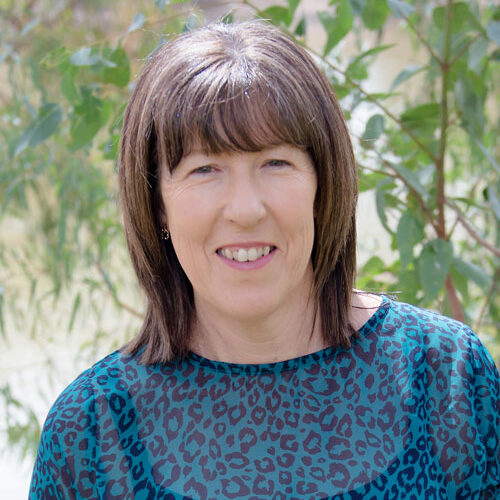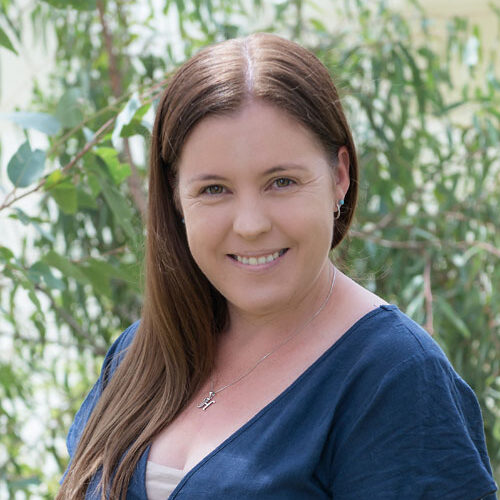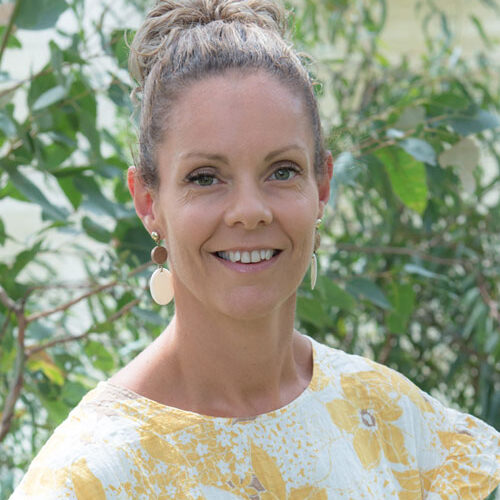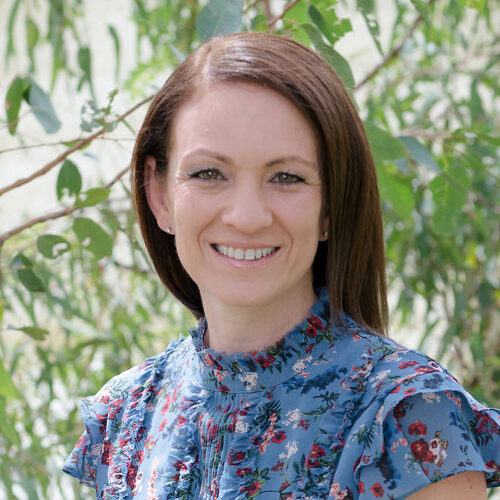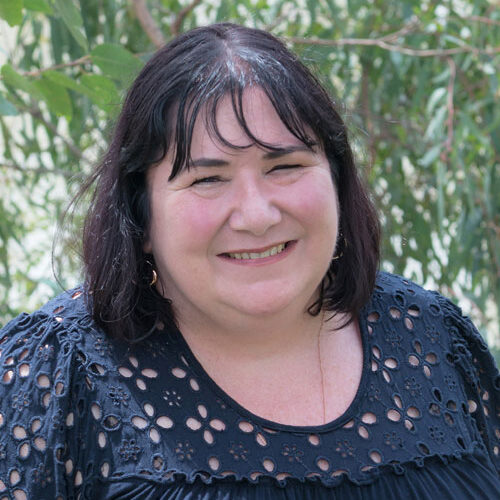What Do I Need To Know About Making A Child Support Agreement?

Separating from your partner is a stressful time for everyone involved. There is a lot to organise, from where the kids will live to how you will divide your property. With so much going on, it can be easy to forget some essential admin jobs – like working out a child support agreement.
Talking about money after separating is never easy, so it's important you know what your rights are before you enter any conversation. That said, what is child support? What can it be used for? Can the payments change? And how are they worked out?
What is a child support agreement?
A child support agreement isn't anything to fear. It is, quite simply, an ongoing payment made to the parent who is doing the bulk of the care for the child after separation. It is designed to ensure that your child is supported and provided for, doesn't become neglected, and has the opportunity to lead a full and happy life. In most circumstances, payments will continue until the child turns 18 or until they finish attending secondary school (whichever comes later). Child support agreements can be made privately or through Services Australia. Making a private agreement gives you more control over the deal; however, it also relies heavily on your relationship with your ex-partner and your ability to communicate effectively.
What can child support be used for?
Child support helps cover the day-to-day expenses of your child. Usually, it gets absorbed into your household budget to help cover costs. It is important to remember that the parent receiving child support does not need to prove how they are spending it.
Some of the things child support may help towards are:
- Housing
- Health-related costs
- Food
- Clothing
- Education
- Sports and hobbies
Will my payments change?
Over time, you can expect your payments to change as your:
- Children grow up, and their needs change
- Income changes
- The amount of time you spend with your children changes
- Your ex-partner's situation changes
It is a good idea to review your child support agreement periodically to ensure it remains at a reasonable level and ensures your child is receiving the support they need.
How much child support will I have to pay?
Everyone's financial situation is different, and so is everyone's child support agreement. When working out a child support agreement, your and your ex-partner's income will be assessed.
A portion of this income is considered basic living costs, and child support payments are worked out on what's left over. Several factors are considered when working out what a fair payment is once basic living costs are accounted for:
- How many children do you and your ex-partner have
- The age of the children
- How the care of the children is shared
- Whether there are any children from previous or new relationships dependent on either parent
- The income difference between each parent
Generally, the actual expenses of you or your ex-partner are not factors to consider when working out your child support agreement unless you have special circumstances. The Government utilises a formula to work out basic living costs and considers the current cost of housing, food, and utilities – but not any debt accrued.
It can be challenging to work out exactly what your payments might be on your own; however, the Government has a child support estimator which can give you a rough idea of what your child support payment might be. Should you have special circumstances or want to make a private child support agreement, it is a good idea to talk with your family lawyer about your situation to ensure any agreement made is fair and reasonable.
What can you do if you are unsure about your child support agreement?
If you are separating and unsure about your child support agreement, getting advice sooner rather than later is important. At Joliman Lawyers, our experienced and professional legal team is committed to helping our clients achieve fair and reasonable outcomes. Call us today for an appointment, so we can look at your situation and give you the advice and guidance you need.










